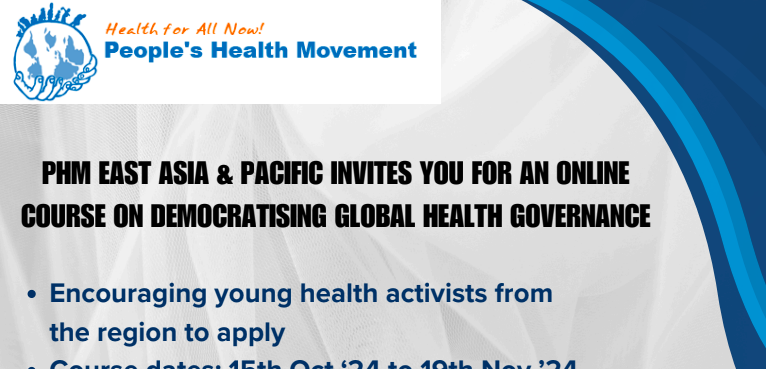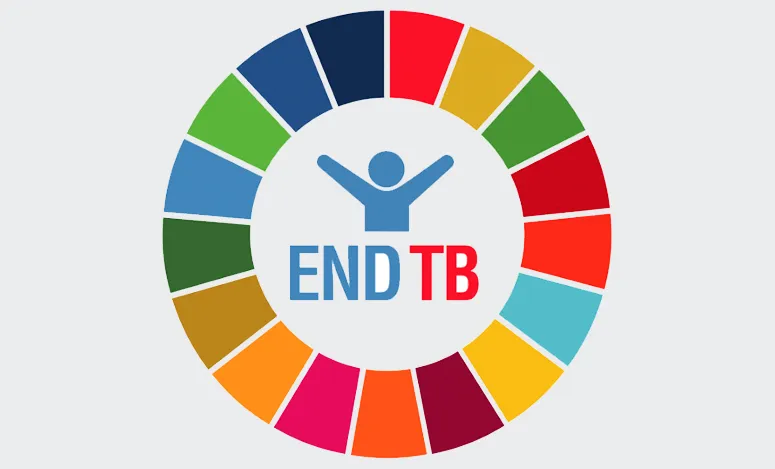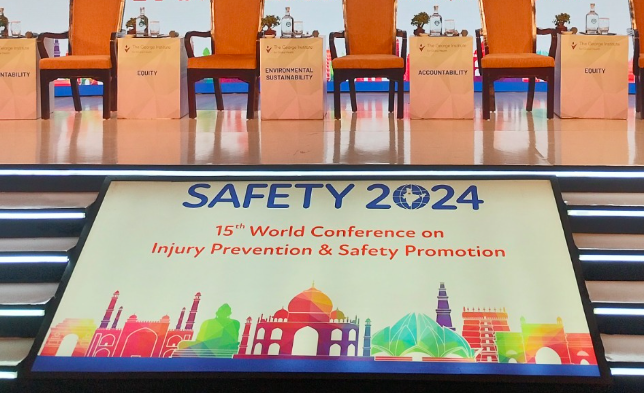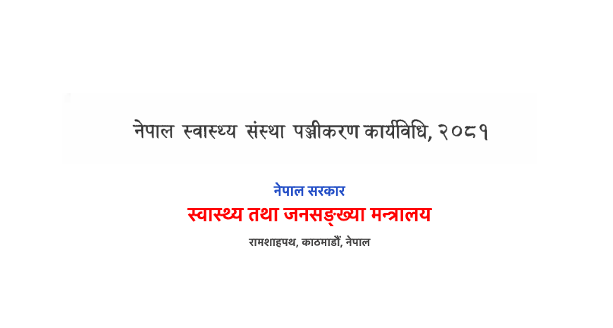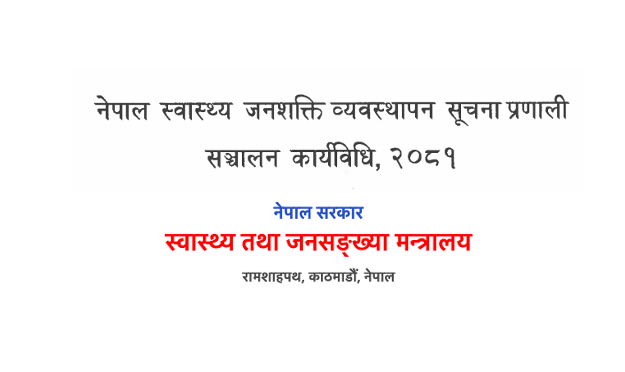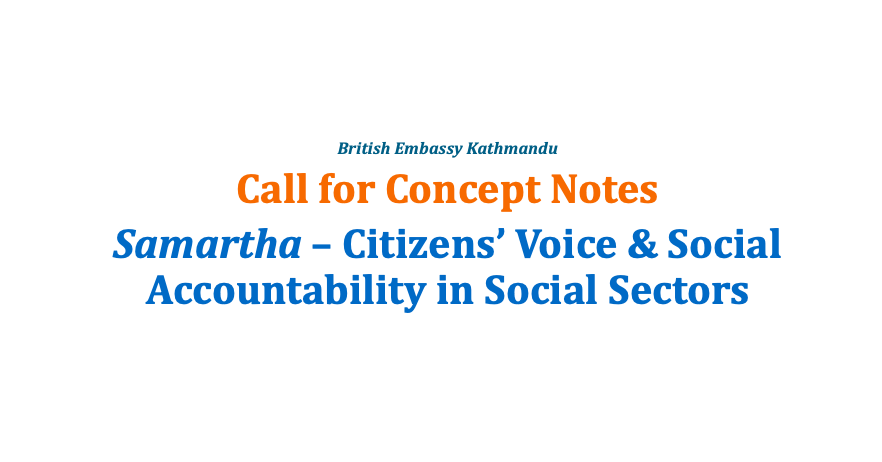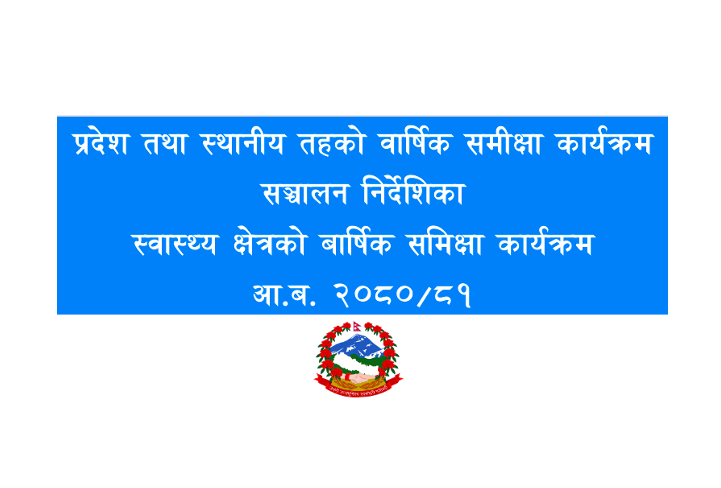The East Asia and Pacific Regional Coordination of the People’s Health Movement (PHM) is pleased to announce an IPHU / training course on “Local Strategies for Global Health: How Grassroots Mobilisation and Advocacy can Contribute to Democratising Global Health Governance”. This is a six session online IPHU Workshop on Democratising Global Health Governance and will take place between 15th Oct ‘24 to 19th Nov 2024 on Tuesdays (weekly) at 6 AM UTC/ 2 PM Manila time. The course will be conducted in English language.
The IPHUs is proposed as a strategy to strengthen the articulation between our global and our local activism as a movement and to deepen and broaden our understanding of GHG, encompassing the political economy of capitalism and imperialism and the geopolitics of intergovernmental relations.
Please make sure that you will be available to join all 6 sessions on 15th Oct, 22nd Oct, 29th Oct, 5th Nov, 13th Nov, 19th Nov (Tuesdays, every week) at 6 AM UTC/ 2 PM Manila time. The course requires putting in 4-8 hours of reading weekly before the sessions so kindly ensure you will be able to put in that time. Kindly ensure you have good internet connection to be able to attend this online course. The course does not have any registration fees. Certificate will be provided for the course.
Apply here: https://docs.google.com/forms/d/1JEcXHVRoqZSHDT2Cjm3Hrp_RhfMn4NfS9rU1hzN2tKM/edit
Deadline: 24th September 2024
More details on curriculum- https://phmovement.org/applications-open-east-and-asia-pacific-region-online-iphu-democratising-global-health-governance-0
- Programme Implementation Guidelines for local levels (2082/083)
- Call for Experts! Technical Advisory Group on Leprosy
- Call for Experts: WHO SEA Region Strategic Advisory Group on Prevention and Control of NCDs
- World Breastfeeding Week 2025: Invest in breastfeeding, invest in the future!
- Handbook on Breastfeeding (For Pregnant Women and Lactating Mother)


